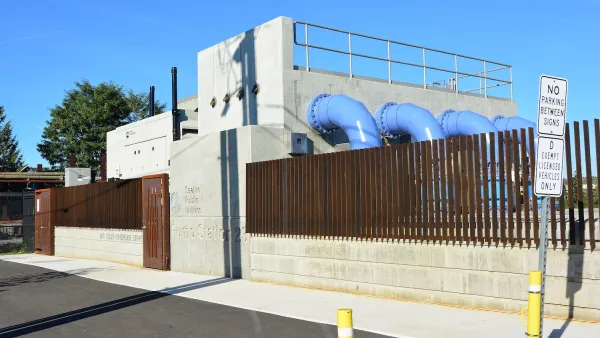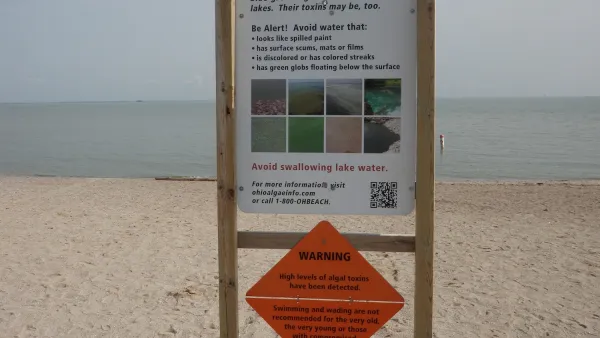Aging sewage systems in municipalities across the country are falling into disrepair, resulting in massive leaks and spills that threaten drinking water and public health.
"America's aging sewer systems continue to dump human waste into rivers and streams, despite years of fines and penalties targeting publicly owned agencies responsible for sewage overflows, a Gannett News Service analysis shows.
The analysis of Environmental Protection Agency (EPA) data found that since 2003, hundreds of municipal sewer authorities have been fined for violations, including spills that make people sick, threaten local drinking water and kill aquatic animals and plants.
Local governments across the USA plan to spend billions modernizing failing wastewater systems - some of which are more than 100 years old - over the next 10 to 20 years, EPA, state and local sewer authority officials said.
Those improvement efforts face a huge challenge mitigating problems in what the EPA estimates to be 1.2 million miles of sewers snaking underground across the USA.
An EPA 2004 report to Congress estimated that 850 billion gallons of storm water mixed with raw sewage pour into U.S. waters every year from older, combined sewer systems that were designed to overflow in wet weather. These combined systems, built by cities in the 19th and early 20th centuries, are now considered antiquated and a threat to public health and the environment, according to the EPA and environmental groups.
An additional 3 billion to 10 billion gallons of raw sewage spill accidentally every year from systems designed to carry only sewage, according to the 2004 report. Causes of these spills include improper connections, clogs from debris, construction accidents and cracks in aging pipes.
The EPA estimates that as many as 5,500 people get sick every year from direct exposure to sewer overflows near beaches."
FULL STORY: Aging systems releasing sewage into rivers, streams

Planetizen Federal Action Tracker
A weekly monitor of how Trump’s orders and actions are impacting planners and planning in America.

Restaurant Patios Were a Pandemic Win — Why Were They so Hard to Keep?
Social distancing requirements and changes in travel patterns prompted cities to pilot new uses for street and sidewalk space. Then it got complicated.

Map: Where Senate Republicans Want to Sell Your Public Lands
For public land advocates, the Senate Republicans’ proposal to sell millions of acres of public land in the West is “the biggest fight of their careers.”

Maui's Vacation Rental Debate Turns Ugly
Verbal attacks, misinformation campaigns and fistfights plague a high-stakes debate to convert thousands of vacation rentals into long-term housing.

San Francisco Suspends Traffic Calming Amidst Record Deaths
Citing “a challenging fiscal landscape,” the city will cease the program on the heels of 42 traffic deaths, including 24 pedestrians.

California Homeless Arrests, Citations Spike After Ruling
An investigation reveals that anti-homeless actions increased up to 500% after Grants Pass v. Johnson — even in cities claiming no policy change.
Urban Design for Planners 1: Software Tools
This six-course series explores essential urban design concepts using open source software and equips planners with the tools they need to participate fully in the urban design process.
Planning for Universal Design
Learn the tools for implementing Universal Design in planning regulations.
Heyer Gruel & Associates PA
JM Goldson LLC
Custer County Colorado
City of Camden Redevelopment Agency
City of Astoria
Transportation Research & Education Center (TREC) at Portland State University
Camden Redevelopment Agency
City of Claremont
Municipality of Princeton (NJ)





























